Water grabbing? Focus on the (re)appropriation of finite water resources
- Water Alternatives
- 12 June 2012
Special issue of Water Alternatives
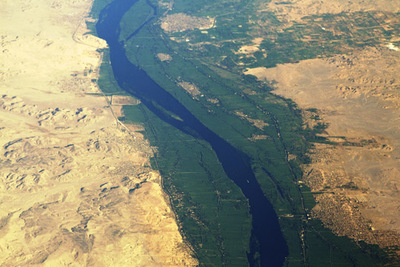
Special issue of Water Alternatives
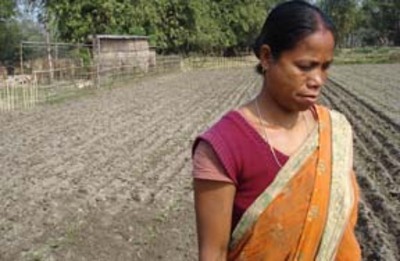
Our conception of land-grabs and global discussions on the phenomenon are informed too much by contentious, large-scale land deals in Africa and too little by examples from other regions. This has led to many unfounded assumptions about the nature of land-grab.

GRAIN looks behind the current scramble for land in Africa to reveal a global struggle for what is increasingly seen as a commodity more precious than gold or oil - water.
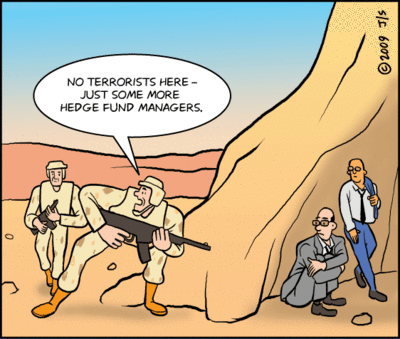
As Europe's debt crisis rattles global equity market confidence farming is being increasingly championed by many as a sound, long-term bet for investors needing a safe haven for their money - particularly superannuation funds.
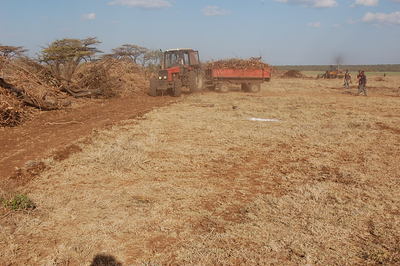
Despite the lucrative returns that foreign investors can achieve by investing in African agriculture, the on-the-ground realities of operating in the continent is often less rosy.

Dr Fahd bin Abdulrahman Balghunaim, minister for agriculture for the Kingdom of Saudi Arabia, speaks to This is Africa about the government's strategy in Africa.
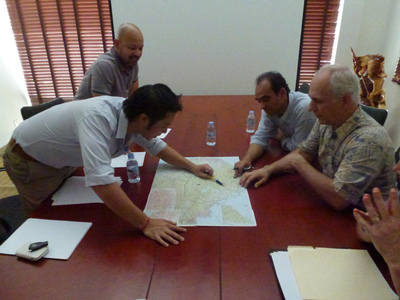
US stevia company acquires 50 acres of farmland in Cambodia for a propagation centre from which it will coordinate a planned expansion to 5,000 acres.
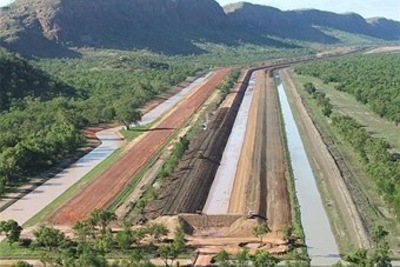
Trading as Kimberley Agricultural Investments, it's understood that a Chinese investment group is interested in developing a major sugar industry in the region, as well as a meatworks capable of processing 500,000 head of cattle a year.
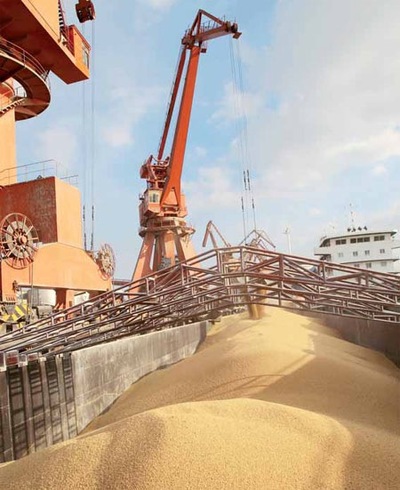
With demand for food rising with China's growing population and economy, domestic companies are looking to boost investments in resource-rich foreign countries such as Brazil and Indonesia to fill the food supply gap at home.
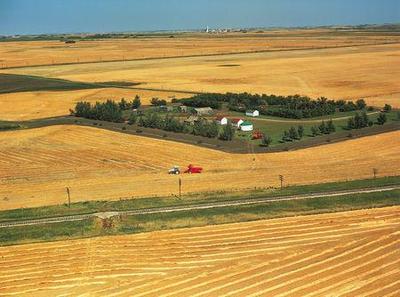
Canadian and Chinese governments in negotiations to set up mega dairy operations in Canada to produce milk without quota, then process it in Canada with all the product going back to China.
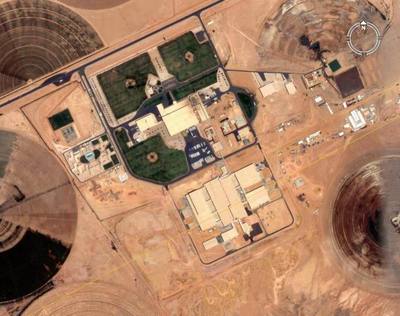
Saudi Arabian dairy and food producer Almarai Co's board has approved a $4.2 billion, five-year investment plan that will fund the expansion of its farms.
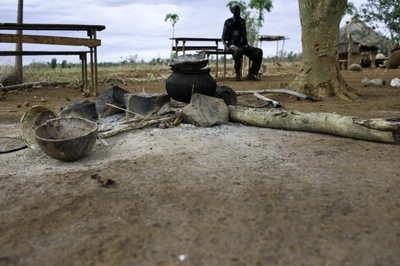
Major agricultural investor in Ethiopia, Saudi Star, has bigger problems there than it might have expected.